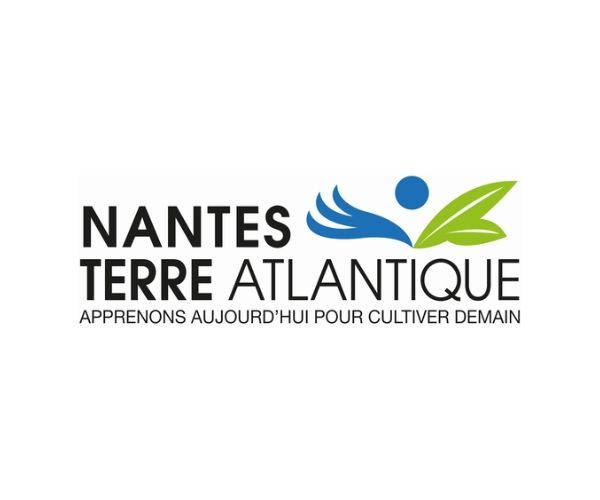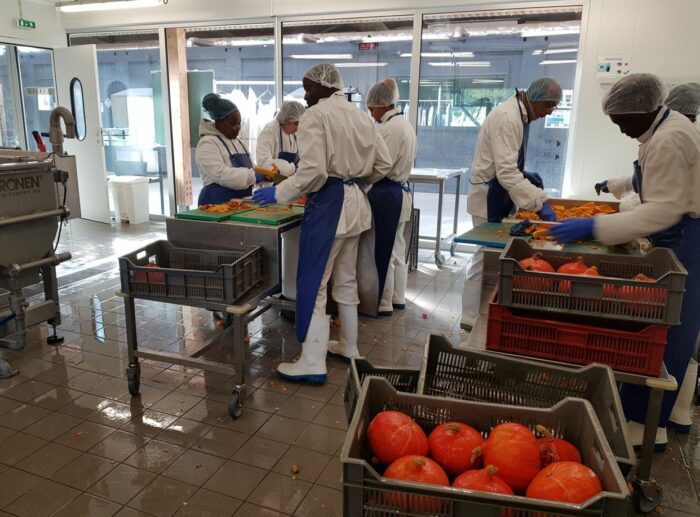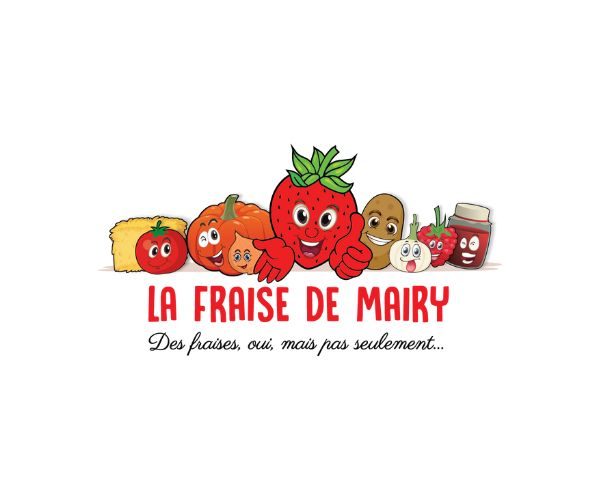Customer testimonials
Launching a CSR approach: the CTCPA supports the technology workshop at EPLEFPA Nantes Terre Atlantique
14
Mar

Published on: 03/14/2024
This support was provided jointly by 2 partners of the ACTIA ECOVAL RMT: ITERG and CTCPA. Based on the Ania-Actia CSR kit, the CTCPA supported a group of 6 workshops in carrying out their own diagnostics, including EPLEFPA Nantes Terre Atlantique. Pauline MALVAL, director of the technological workshop, talks about their activity and our support.
"Marie-Pierre LABAU and Pauline AUDOYE succeeded in motivating the teams, remaining patient and present to answer questions.
Having an outside partner pushes us to find meaning, to take an interest and to get more involved!"

Introduce us to the Technology Workshop
The Nantes Terre Atlantique technology workshop is an educational tool in the form of integration projects. Each worksite takes on apprentices in their own activity, depending on the field, and links them up with employees on integration contracts, to encourage exchanges between centers.
The workshop includes 3 activities:
- Market gardening (Organic market gardening covers 4.5 hectares, with over 40 different varieties of vegetables, in tunnels and open fields). We have 2 supervisors for 13 people on integration schemes.
- Grounds management (This site manages the grounds of the 35-hectare Nantes Terre Atlantique site). We have 1 supervisor for 5 people on integration schemes.
- Organic vegetable processing (The workshop processes organic vegetables from the Loire-Atlantique region, acting as a link between local organic production and consumption by the catering industry). We have 2 supervisors for 11 people on integration schemes.
Why commit to CSR?
Technological workshops are involved in all aspects of agricultural education, and perform 3 main functions: training / production - marketing / innovation - experimentation - animation - territorial development. 12 technology workshops have decided to embark on a Corporate Social Responsibility (CSR) initiative, in order to highlight the coherence of their actions with this type of approach, to meet the commitments of the EPA2 plan (Enseigner à Produire Autrement) and the BTSA Bioqualim reference framework, and to structure a long-term improvement and progress approach.
In our case, we already carry out social, solidarity and environmental actions. The CSR policy provides a framework and structure for these actions. What's more, it falls within the scope of the drafting of our current center project. So it was a good opportunity to take advantage of this global scheme to get support.
What was the outcome of the CSR diagnosis?
Two areas for improvement stood out:
- Gathering more data on our water and energy consumption, our environmental impact... These are necessary to implement corrective actions. This is our main focus for 2023-2024. We have set up monitoring tools.
- Better understanding of the various bodies that impact the work environment
What did you think of the CTCPA's support?
Support was provided by CSR KITan assessment tool developed by ANIA and ACTIA, to support food companies in their corporate social responsibility initiatives.
From an organizational point of view, this approach was very easy for us, as we were part of an establishment project, so we had time to work as a group and report back to the CTCPA.
We were very pleased with the support we received from the CTCPA. Marie-Pierre LABAU and Pauline AUDOYE are top-notch facilitators. They succeeded in motivating the teams, remaining patient and present to answer questions. Having an outside partner encourages us to find meaning, to take an interest and to get more involved!
__
CONTACT NANTES TERRE ATLANTIQUE :
- Pauline MALVAL - Director, Atelier et jardins de la Fée au Duc - pauline.malval@educagri.fr
- Atelier et Jardins de la Fée au Duc - Nantes Terre Atlantique (nantes-terre-atlantique.fr)
CONTACT CTCPA :
- Marie-Pierre LABAU: Environment Manager & Director CTCPA Sud-Ouest (Auch)
- Pauline AUDOYE: CSR & Environment Project Manager
Implementing a Corporate Social Responsibility (CSR) approach means integrating environmental, social and societal concerns into a company's decisions, vision and strategy. In line with the strategic axes of the Contract of Objectives and Performance, which include the ecological and energy transition, the CTCPA has been implementing an internal CSR approach since 2020. Find out more : CSR, an approach focused on a sustainable food model (ctcpa.org)






